Statins aren’t just lowering cholesterol, they’re disrupting the body’s entire energy regulation and detox processes. they mess with liver function, deplete energy production, and weaken cellular structures. the long-term effects aren’t just about lipids, they’re systemic.
- statins block hmg-coa reductase, which doesn’t just make cholesterol, it’s essential for maintaining cellular structure, energy production and detox.
- this leads to metabolic stress: the liver compensates by storing fat, disrupting glucose balance, and accumulating damaged proteins.
- coq10 depletion undermines mitochondrial energy, cells can’t detox or repair, which leads to liver fibrosis and chronic fatigue.
- statins cut bile acid production, reducing detox capacity and causing toxin buildup, hormone imbalance, and immune stress.
- over time, chronic inflammation leads to liver damage, increasing the risk of fatty liver, fibrosis, cirrhosis, and metabolic collapse.
- this systemic dysfunction contributes to neurodegeneration, diabetes, and overall energy failure.
As for strokes and clots:
- cholesterol doesn’t cause clots. clots form from platelets, fibrin, and inflammation, not from cholesterol.
- statins reduce platelet aggregation, so they’re unlikely to cause clot-based strokes. the real issue is vascular fragility, statins weaken cell membranes by lowering cholesterol too much, increasing the risk of hemorrhagic strokes, vessel leaks, and aneurysms.
- any stroke risk with statins is secondary, caused by oxidative stress, liver dysfunction, and vessel instability, not direct clotting.
The real question is why cholesterol is high in the first place. it’s not the problem—it’s a response to cellular stress, energy imbalance, or metabolic dysfunction. statins don’t fix that—they suppress a symptom while ignoring the root cause.
This is the pattern:
- statins disrupt energy and detox processes
- they deplete cell energy and weaken mitochondria
- they reduce cholesterol to dangerous levels, compromising vascular integrity
- high cholesterol isn’t the enemy, it’s a marker of deeper dysfunction
Statins are a failed approach. the real focus should be on fixing the underlying stress and dysfunction driving cholesterol levels up in the first place.


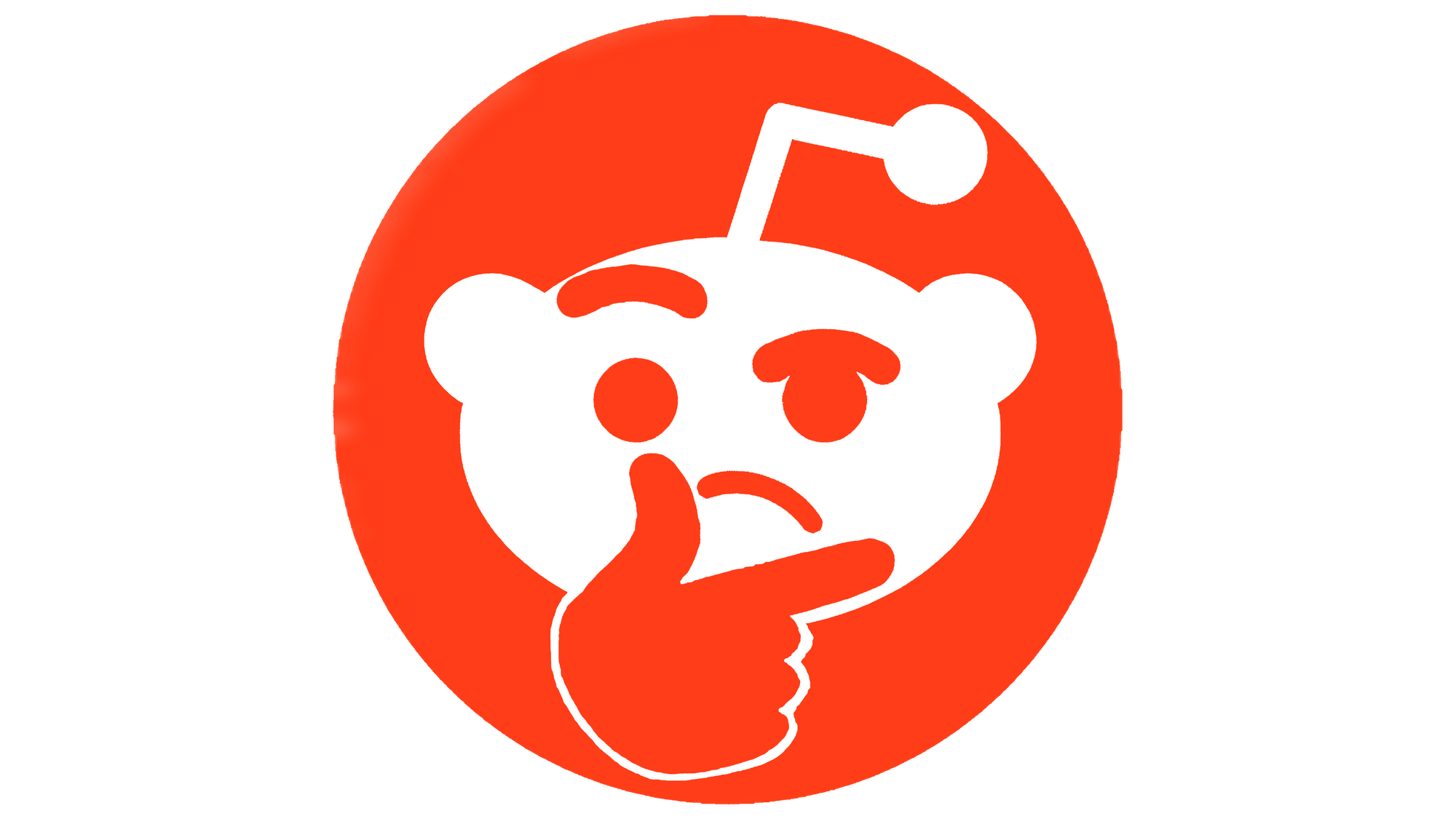
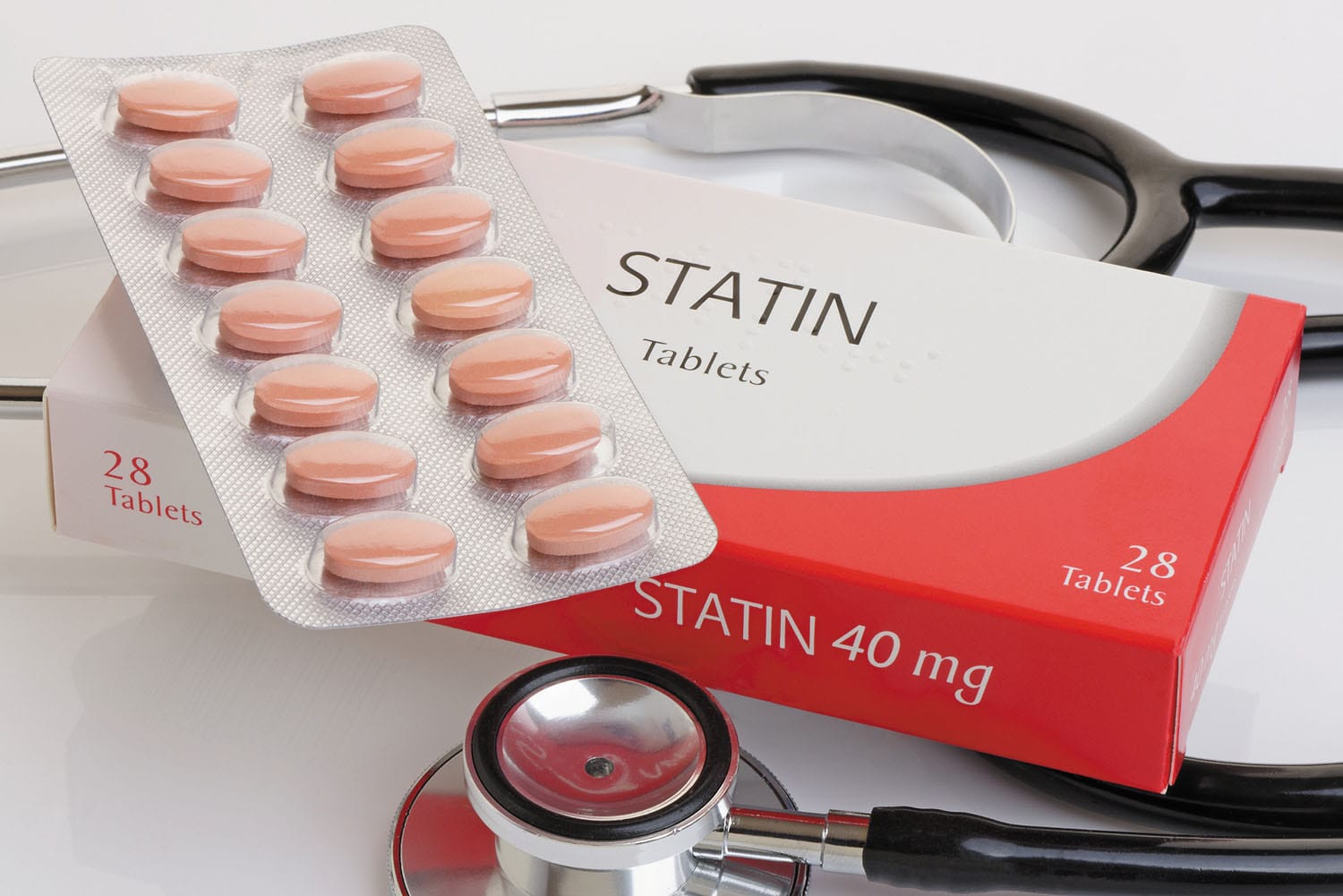
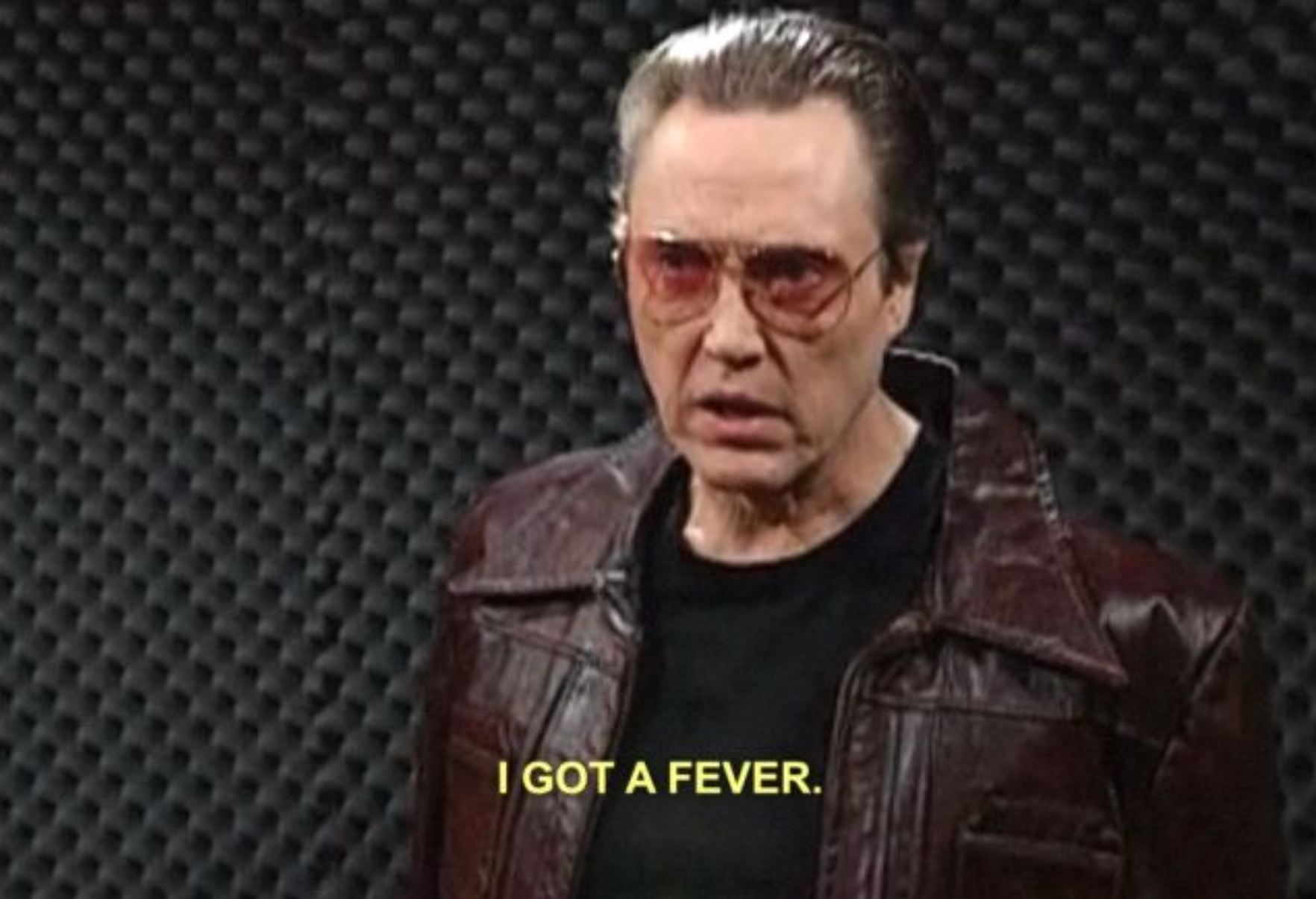
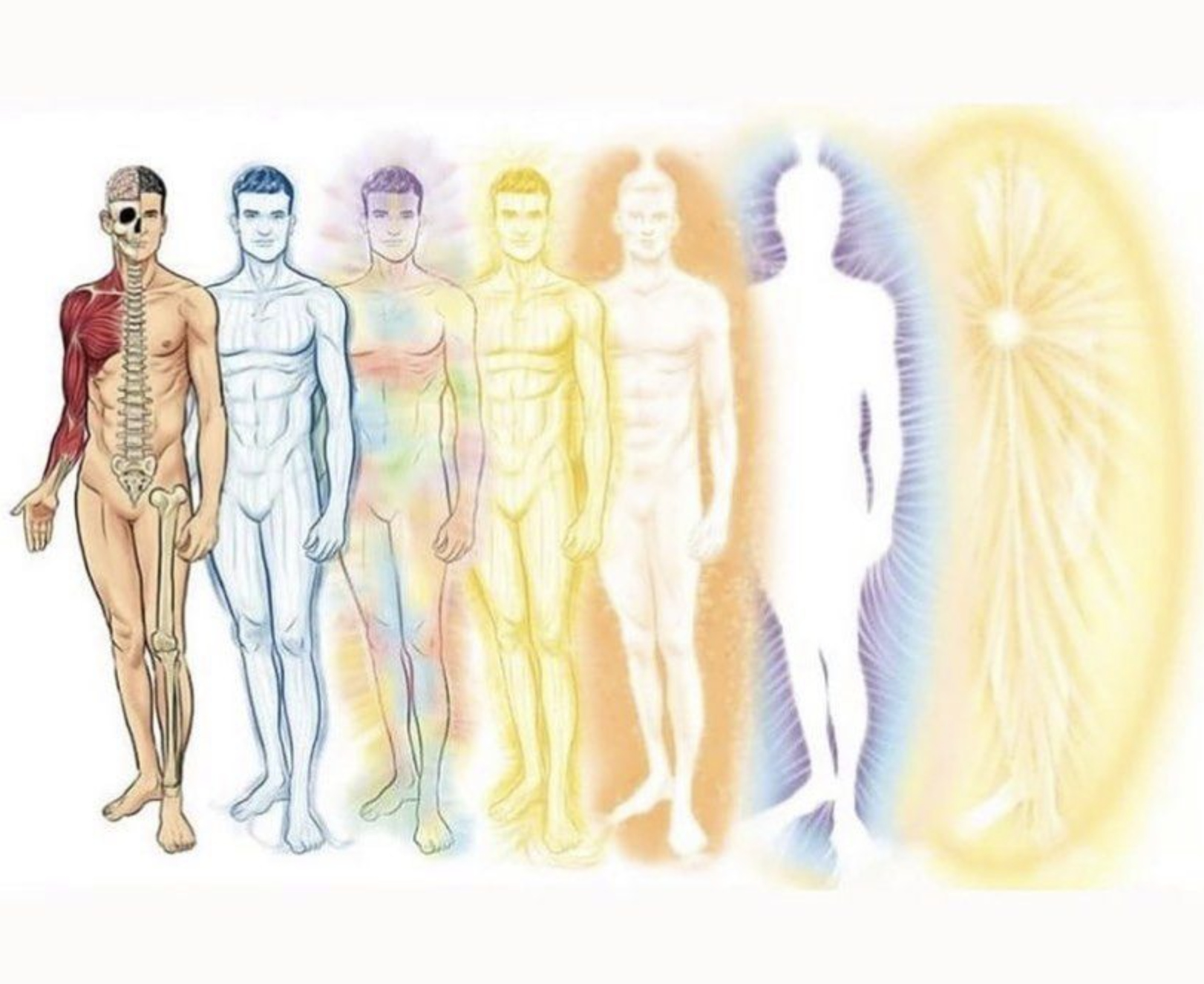
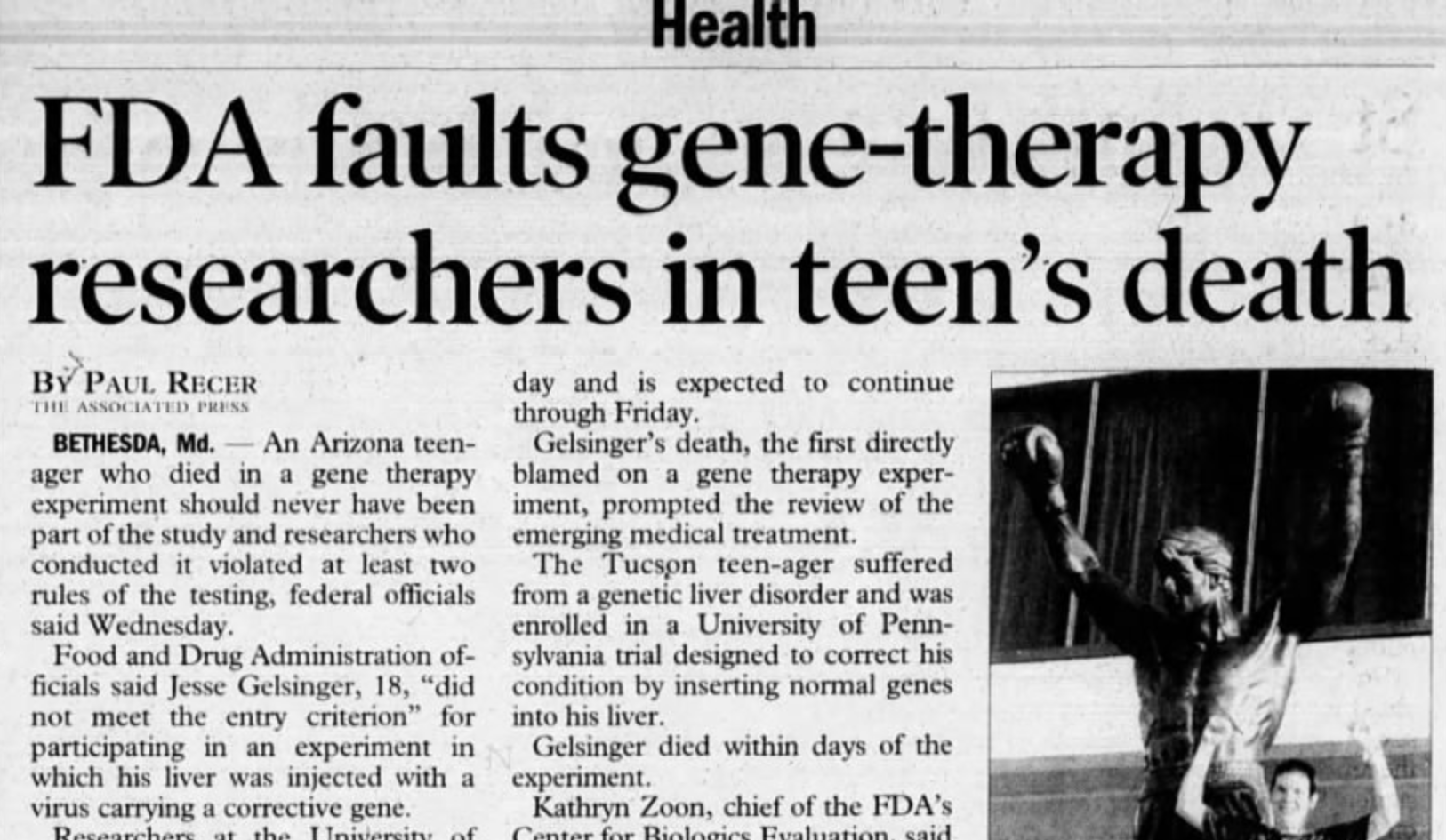

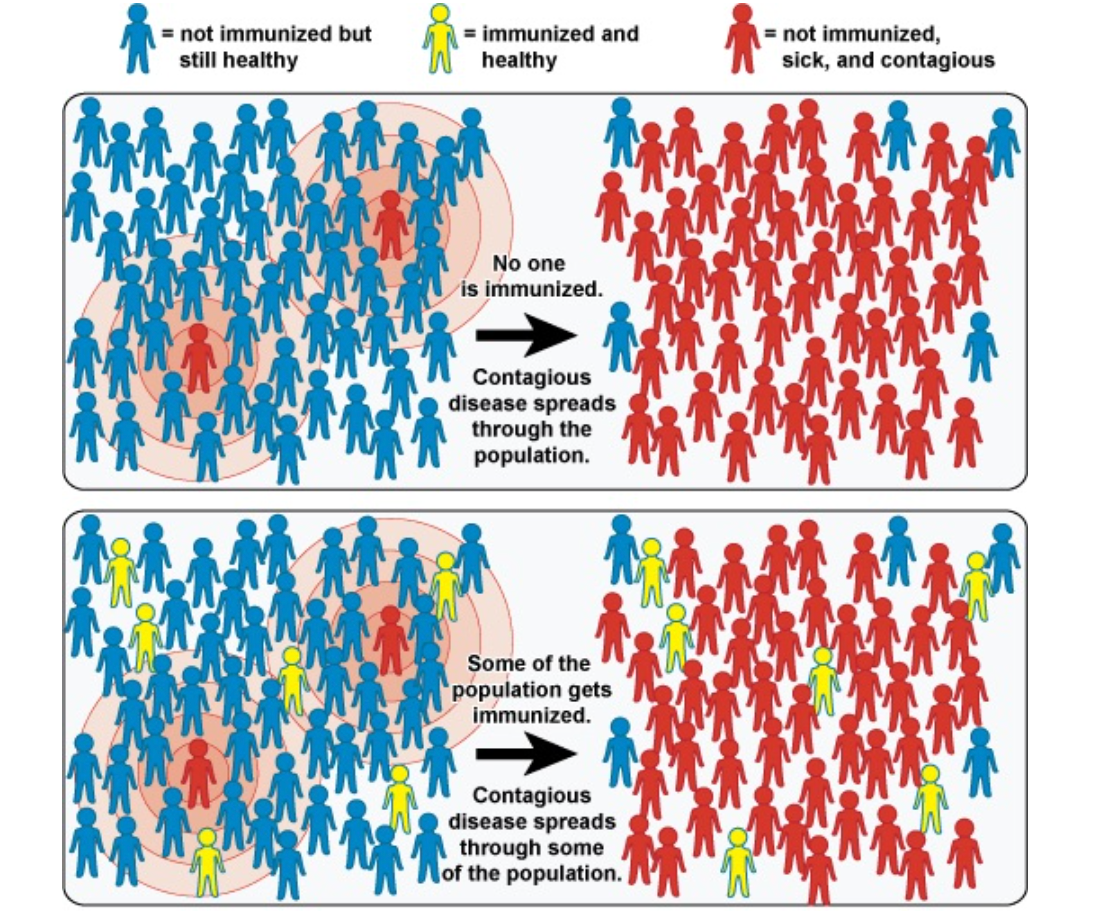
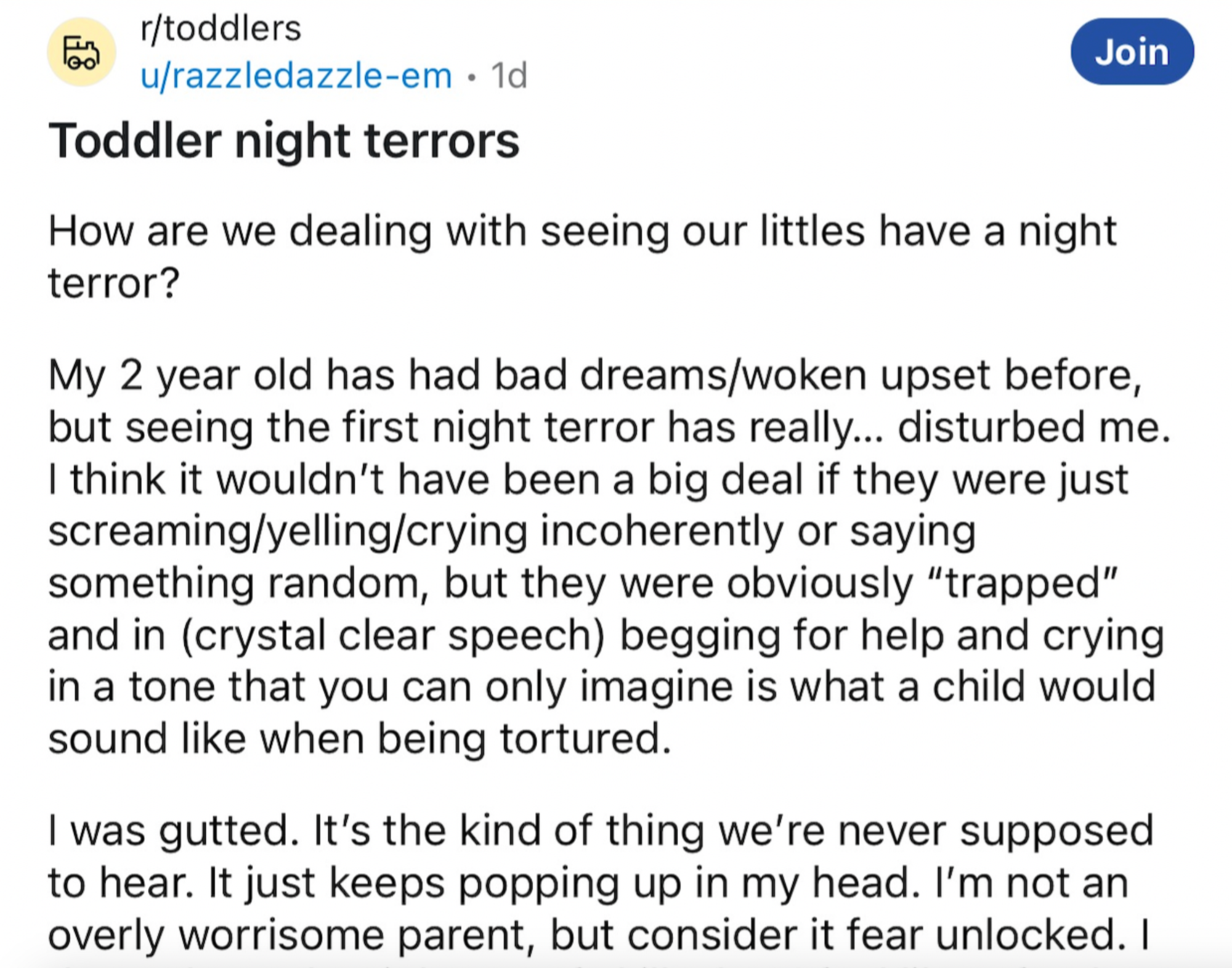



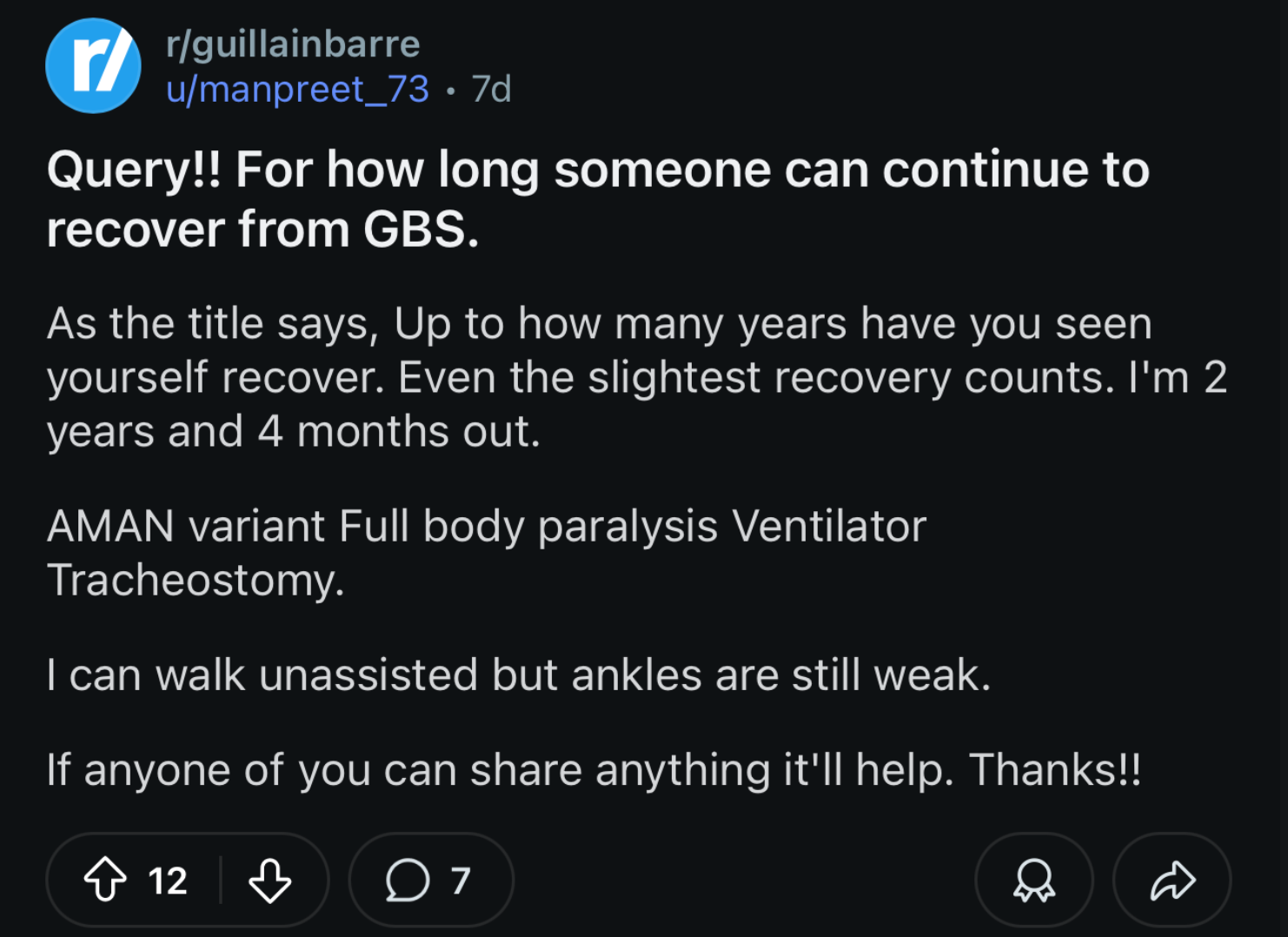
Discussion